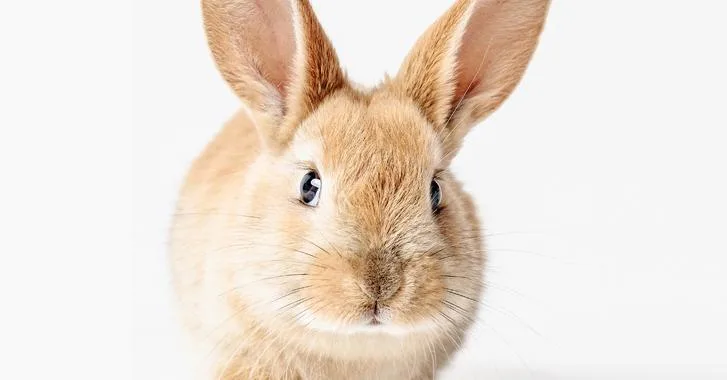Perianesthetic Deaths in Pet Rabbits
David Eshar, DVM, DABVP (ECM), DECZM (SM & ZHM), Kansas State University

In the Literature
Lee HW, Machin H, Adami C. Peri-anaesthetic mortality and nonfatal gastrointestinal complications in pet rabbits: a retrospective study on 210 cases. Vet Anaesth Analg. 2018;45(4):520-528.
The Research …
Due to certain anatomic, physiologic, and behavioral features, rabbits have a higher risk for anesthesia-related mortality and GI complications as compared with other domestic species. The major concerns are related to potential underlying disease, challenges with intubation and intravenous catheter placement, stress, pain, and perianesthetic thermoregulation. Choice of anesthetic protocol may also affect procedural outcome, as some immobilization agents may be associated with more adverse effects than others. For example, gas immobilization alone should be avoided in rabbits due to stress-related apnea, commonly observed during induction, and laryngospasm and bradycardia that may develop with some medetomidine-based drug combinations.
This retrospective study investigated the incidence of and potential risk factors for perianesthetic mortality and nonfatal GI complications (eg, reduced fecal output, diarrhea, dysphagia) in a population of pet rabbits admitted to an exotic animal referral hospital. Of 185 rabbits that underwent 210 anesthetic events, 6 died during sedation or general anesthesia and 4 died within 72 hours postoperation (mortality rate, 4.8%). Of the 10 rabbits that died, 7 had received combinations of medetomidine and ketamine and 8 had undergone elective procedures; none had undergone multiple anesthetic events. Cardiorespiratory complications were the suggested cause of death in 7 rabbits. GI complications developed in 38% of the surviving rabbits 72 hours after the anesthetic event despite preemptive metoclopramide or ranitidine administration. Higher body weight significantly increased the risk for post-anesthetic GI complications.
Despite the rabbits having been evaluated in a specialized all-exotics clinic, mortality rate in this study was high; this highlights the increased risk for perianesthetic mortality in pet rabbits as compared with dogs and cats.

A female rabbit prepared for cystotomy. A combination of ketamine, buprenorphine, and midazolam was used as premedication, followed by endotracheal intubation and isoflurane maintenance. A cephalic intravenous catheter was used to deliver 10 mL/kg/hr balanced crystalloid solution. Vital signs were monitored via capnography, pulse oximetry, ECG, and indirect blood pressure measurement. The rabbit’s body temperature was monitored via a rectal thermometer and maintained with a forced warm air blanket.
… The Takeaways
Key pearls to put into practice:
All rabbits should be carefully assessed for cardiopulmonary disease prior to any immobilization procedure. If signs of cardiopulmonary disease are identified, appropriate treatments must be administered until clinical resolution, after which the immobilization procedure can be reconsidered.
Care should be used with overconditioned rabbits presented for routine procedures, as drug dosages can be miscalculated when based on total body weight rather than desired lean body weight.
If possible, use of medetomidine and ketamine combinations should be avoided.
All rabbits should be closely monitored for signs of pain, dysphagia, and reduced fecal output in the first 72 hours postanesthesia. Preemptive treatments (eg, analgesia, assisted feeding) should be applied in all cases.
Clinicians must be aware of the increased odds for less-favorable outcomes in rabbit patients, which should be discussed with all owners prior to initiation of any sedation or anesthetic procedures.
You are reading 2-Minute Takeaways, a research summary resource presented by Clinician’s Brief. Clinician’s Brief does not conduct primary research.